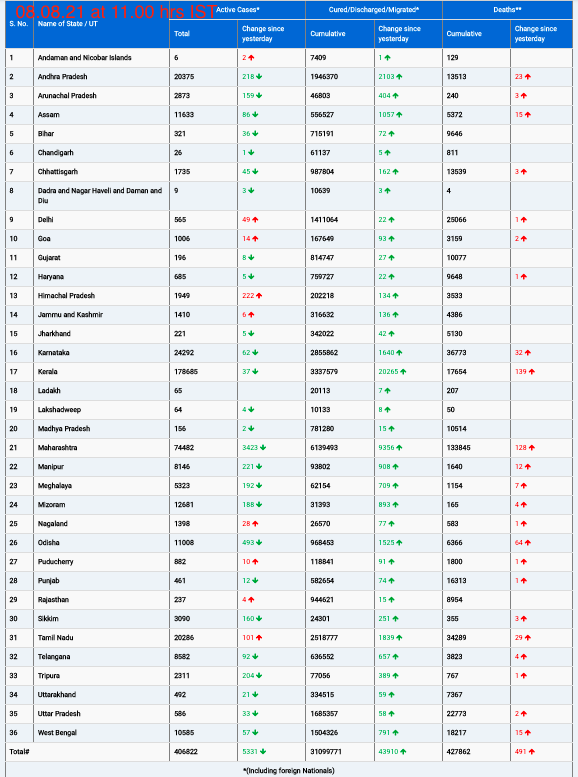A new study has revealed that individuals with asthma and chronic obstructive pulmonary disease (COPD) may be more vulnerable to the harmful effects of microplastic exposure, potentially increasing their risk of cancer. The research, published in Scientific Reports, suggests that airway epithelial cells from asthma and COPD patients respond differently to microplastic fibers compared to those from healthy individuals.
Microplastics and Respiratory Health
Microplastic fibers, present in the air, can be inhaled and contribute to various health complications, including oxidative stress and cellular damage. However, data on their effects on individuals with obstructive lung diseases have been limited, wrote lead author Magdalena Poplinska-Goryca, MD, from the Medical University of Warsaw, Poland, and colleagues.
To investigate this impact, the study included 10 adults aged 18 years and older with asthma, eight adults aged 40 years and older with COPD, and 11 healthy controls. Individuals with severe asthma, unstable COPD, malignancies, or other chronic lung diseases were excluded to ensure the reliability of results.
Researchers collected nasal epithelial cells from participants and exposed them to laboratory-created microplastic fibers. The study found that airway epithelial cells from asthma and COPD patients exhibited significant changes in response to microplastic exposure. These changes were particularly associated with Th2 inflammation, stress response modulation, and potential carcinogenesis. However, no major differences in cytotoxic or minor inflammatory effects were observed between the diseased and healthy epithelial cells.
Notably, flow cytometric analysis showed an increase in CD24+ epithelial cells among asthma patients following exposure to microplastics. The activation of CD24, a molecule linked to cancer in prior studies, further supports the possibility that microplastic exposure could contribute to increased cancer risk, the researchers noted.
Study Limitations and Implications
The study’s authors acknowledged certain limitations, including the use of nasal rather than bronchial epithelial cells, which may have provided more relevant data. Additionally, severe asthma and COPD patients were excluded due to the potential influence of steroid and antibiotic use on immune responses.
Despite these limitations, the findings suggest that individuals with obstructive lung diseases may experience heightened susceptibility to the harmful effects of microplastics. The study highlights the structural impairment of airway epithelium in such conditions, which could amplify the impact of environmental microplastic exposure.
Expert Insights and Future Research
Seyedmohammad Pourshahid, MD, an assistant professor of thoracic medicine and surgery at the Lewis Katz School of Medicine at Temple University, Philadelphia, emphasized the importance of this study in understanding the effects of microplastics on respiratory health.
“By examining how microplastics interact with airway epithelial cells, particularly in individuals with asthma and COPD, the research aims to elucidate mechanisms that could contribute to disease progression or exacerbation,” Pourshahid said.
Interestingly, the study found that microplastics did not induce a strong inflammatory response, unlike pollutants such as PM2.5. Instead, they appeared to influence pathways related to oxidative stress and airway remodeling. This suggests that microplastics may affect respiratory health through mechanisms distinct from traditional air pollutants.
Pourshahid further emphasized the need for more research, particularly studies involving in vivo models, to confirm these findings and assess their clinical implications. “Understanding the prevalence and sources of daily microplastic exposure can inform public health strategies to mitigate risks,” he said.
Funding and Disclosures
The study was supported by the Jakub Potocki Foundation. The researchers, including Poplinska-Goryca and Pourshahid, reported no financial conflicts of interest.
Disclaimer
This article is for informational purposes only and does not constitute medical advice. Readers should consult healthcare professionals for concerns regarding asthma, COPD, or microplastic exposure. Further research is needed to establish definitive clinical recommendations.












